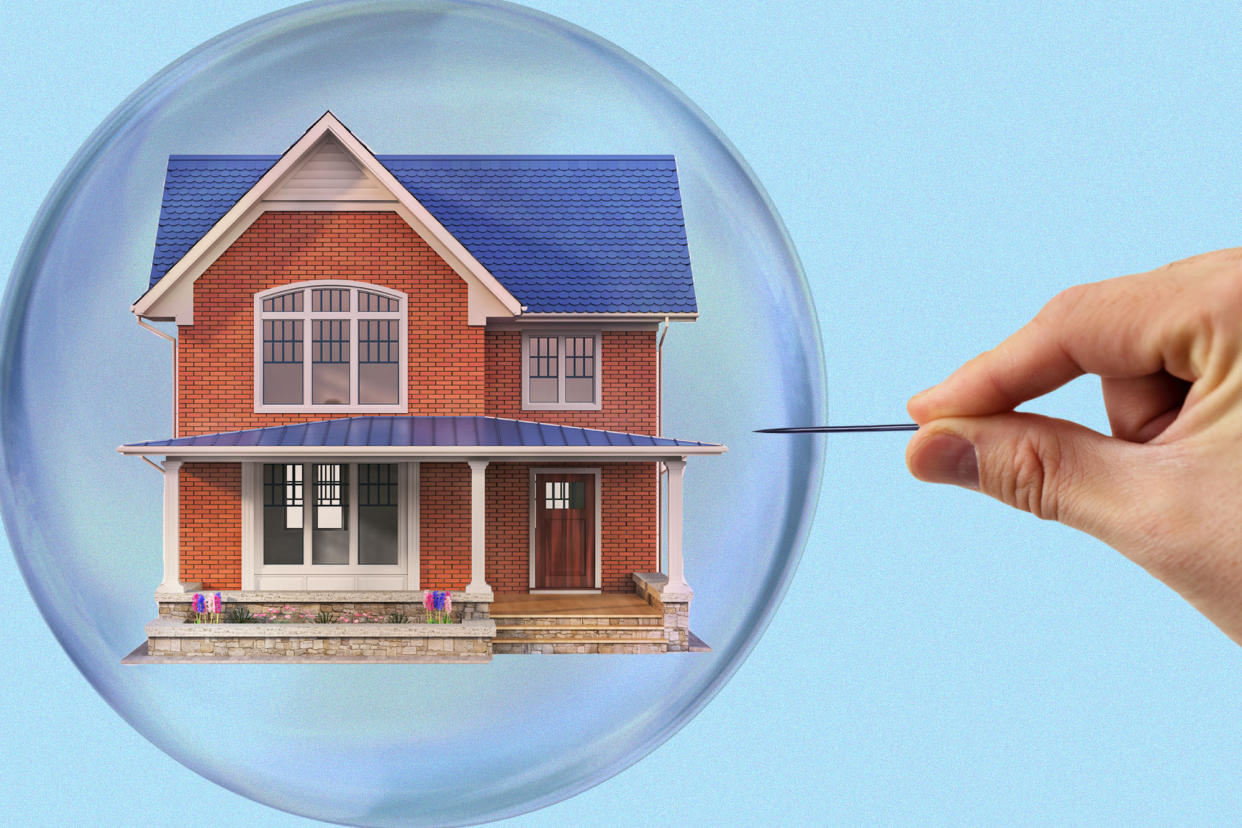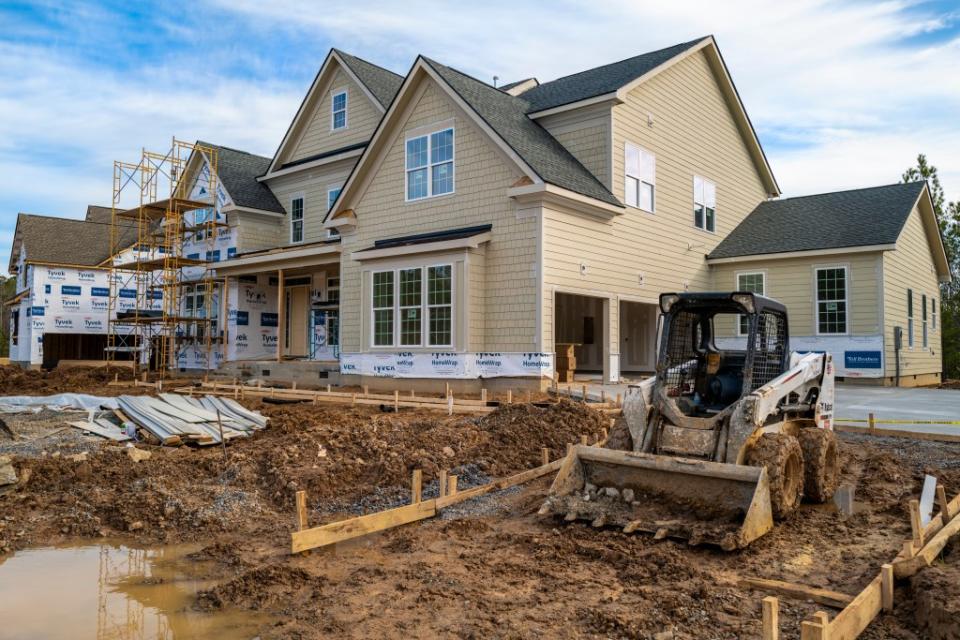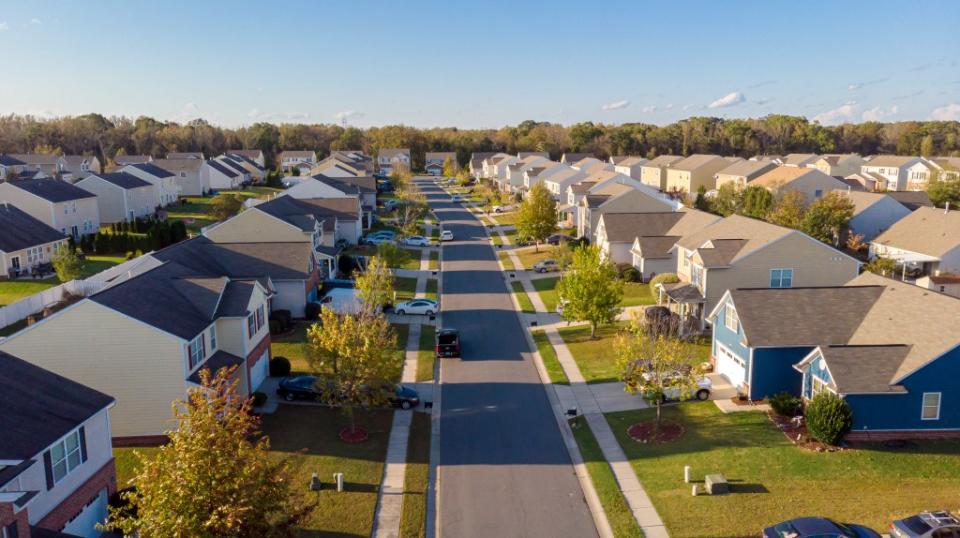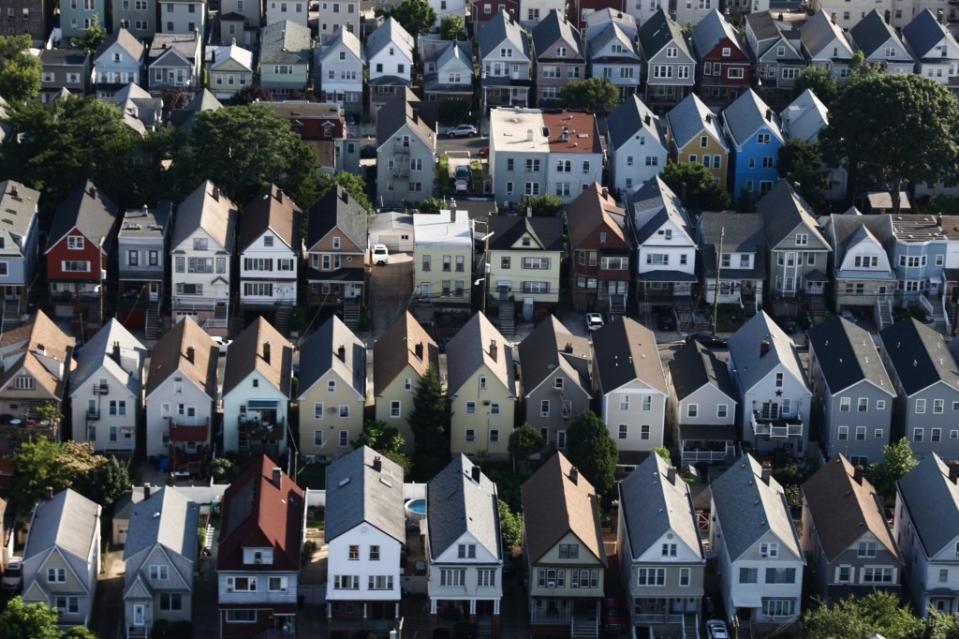‘Massive’ housing bubble about to burst in this US region, warns a real estate expert — see where

The American South is teetering on the edge of a housing market crisis, according to real estate analyst Nick Gerli.
The post-2020 rush to build new homes in states like Florida, Georgia, Tennessee and Texas has led to a glut in supply that could spell trouble ahead, Newsweek reported.
Home builders went into overdrive during the COVID-19 pandemic, answering the call of Americans fleeing to the South for cheaper living and the newfound freedom of remote work — not to mention cheaper taxes, if any.

But now, with the migration wave slowing, demand for these new homes is dwindling.
“A massive housing bubble has developed and is about to pop in the South,” Gerli, CEO of Reventure Consulting, wrote on X. “The number of new homes for sale in the Southern Region has spiked up to nearly 300,000. This is the highest level of all time. Even higher than the previous bubble peak in August 2006. Before the massive crash.”
Gerli didn’t mince words about the reckless speculation that fueled the housing boom.
“I know this sounds very bearish on Southern real estate. But ultimately it’s pretty simple. Home builders and investors rampantly speculated in this housing market the last 3-4 years. And prices went far above what locals can afford. And created a bubble,” he added.

“Now that bubble is — slowly — popping. And it could start to pop pretty fast if a recession is thrown into the mix.”
While some housing economists argue the market is merely stabilizing after the COVID-era chaos, Gerli’s warnings are hard to ignore.
The combination of rock-bottom mortgage rates and cheaper prices lured buyers in droves, but with interest rates climbing and demand waning, the future looks uncertain.
“In our data, it is clear that the southern markets are the most normalized in Austin and San Antonio, for example, there are more homes now for sale than there were before the pandemic,” Danielle Hale, chief economist at Realtor.com, told the outlet. “So there is greater availability in the South and we are seeing that affect pricing.”

For instance, in Austin, Texas, the median sale price is now down 3% compared to last year.
In contrast to the housing crash during the 2008 financial crisis, homeowners today have substantial equity in their properties, including in various regions of the South.
“Historically, Florida, for example, has a high share of homeowners that own their home outright,” Hale said. “It’s the case that nationwide there’s a lot more equity in housing right now and that does make it less likely that we’ll see the kind of price declines that lead to trouble that we saw in the mid-2000s.”
Meanwhile, Gerli acknowledged that the Northeast and Midwest would not face a similar crash due to low inventory of homes.
Home building there is at very low levels. As is speculative inventory activity,” he added. “Prices in these regions are also less overvalued. And inventory is much lower.”
He added: “Perhaps there’s a housing correction eventually in Northeast/Midwest. But for now — these markets are holding strong.”

